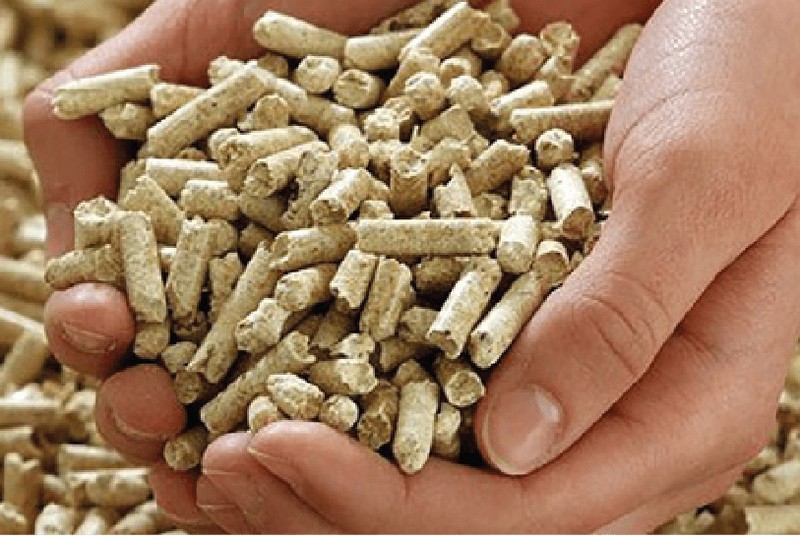Everything you need to know about the pellet
In this article, we want you to know everything about pellets and what are the advantages of this type of combustion.

First of all, we must know that the pellet is a small conglomerate formed by remains of sawdust and wood, cylindrical in shape about two or three centimeters. It is an ecological and economic biofuel that becomes one of the most ecological alternatives in fuels used in heating systems. In its manufacture it is not necessary to use any chemical product and it is very comfortable to use, store and clean.
It is characterized by a great calorific value thanks to its dense composition and a low CO2 emission.
The pellets are classified according to their certification and quality.
• Depending on the certification, there are two types of sealing:
- ENplus: it is the most recognizable energy certificate for pellet buyers in the Spanish market.
- DIN Plus: it is present in pellets derived from virgin wood with international standards and protocols. Allows to extend the useful life of the stove.
The difference between these two types of sealing lies in the scope of their certification. The ENPlus verifies the quality classification of classes A1, A2 and B (in the next point we will explain it to you). While DIN Plus only supervises products regulated according to Class A1. The two types of sealing guarantee optimal performance and compliance with environmental sustainability standards.
• According to its quality we find:
- Class A1: they are made with virgin wood, originating from forest resources that have not been chemically treated. It is marketed with the ENPlus and DIN Plus seals.
- Class A2: similar to those of class A1, but with a higher content of ash, nitrogen and chlorine particles. They are only available under the ENplus seals.
- Class B: they use both recycled wood and waste of industrial origin. Its production stimulates the reuse of chemically treated wood. It is among the most demanded pellets on the market.
To keep our pellets in perfect condition, a storage silo is required that will have one capacity or another depending on the power of the boiler you choose.
There are four models of silos:
- Textile silo: it has a perfect seal.
- Buried silo: it is buried near the boiler.
- Plastic silo: it is usually located outside and usually has a long useful life.
- Silo masonry: it is a room specially designed for the accumulation of fuel. It is the perfect option if you have to accumulate large amounts of pellets.
Lower CO2 emission
It does not produce any type of odor.
It is one of the cheapest fuels on the market.
If you respect its correct storage, its expiration will not exist.
100% renewable.
High calorific value.
Less ash than firewood.





Our customers trust us
Opinions of our clients
Receive our news